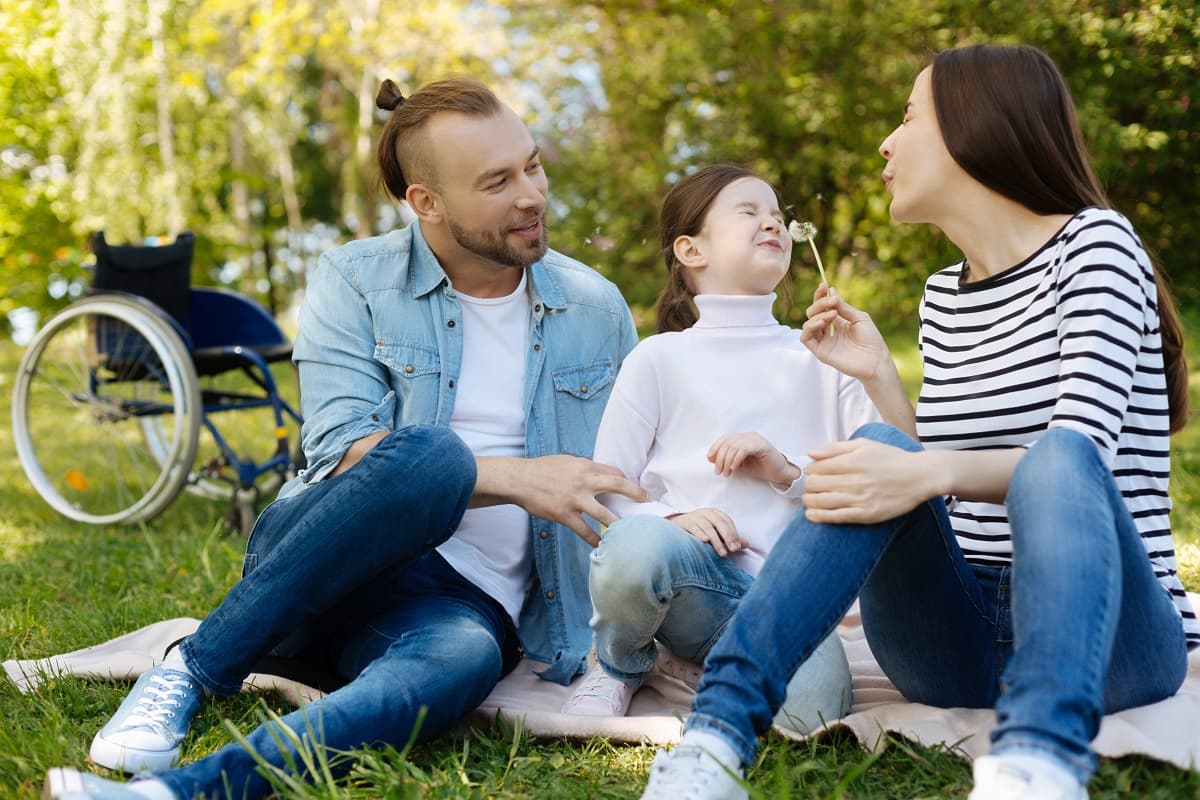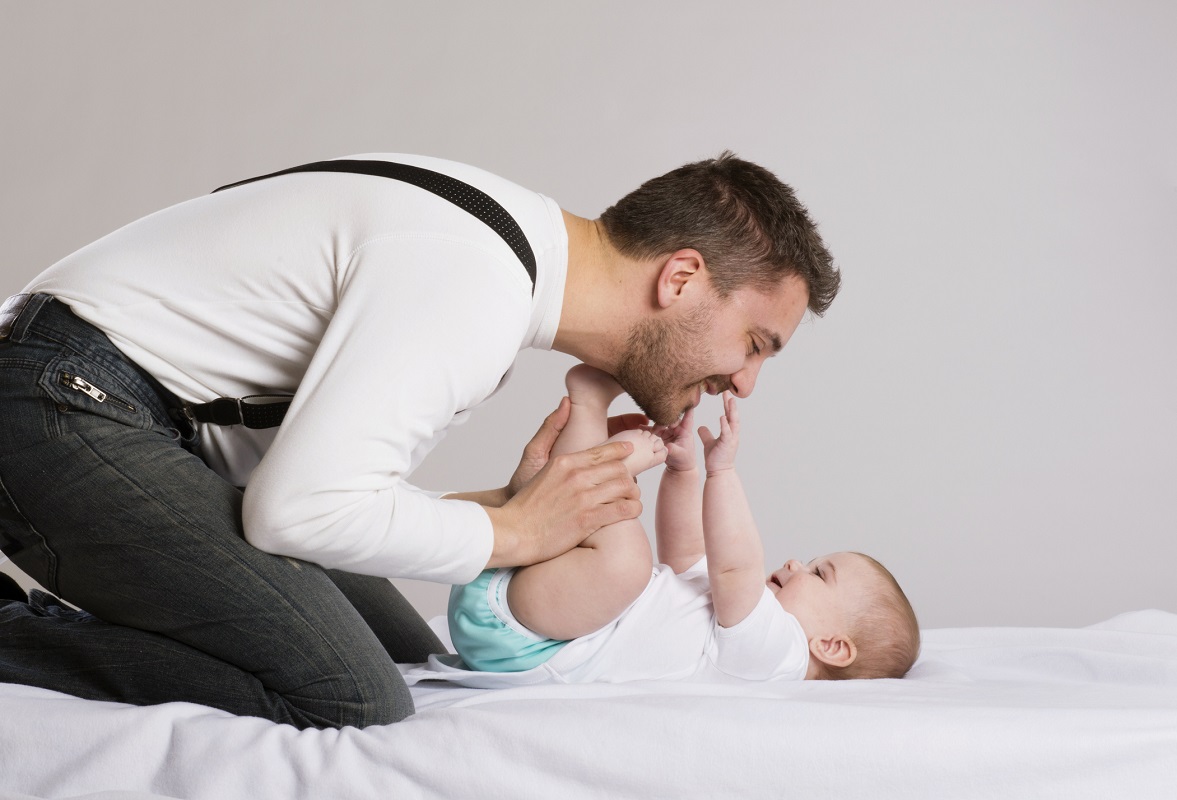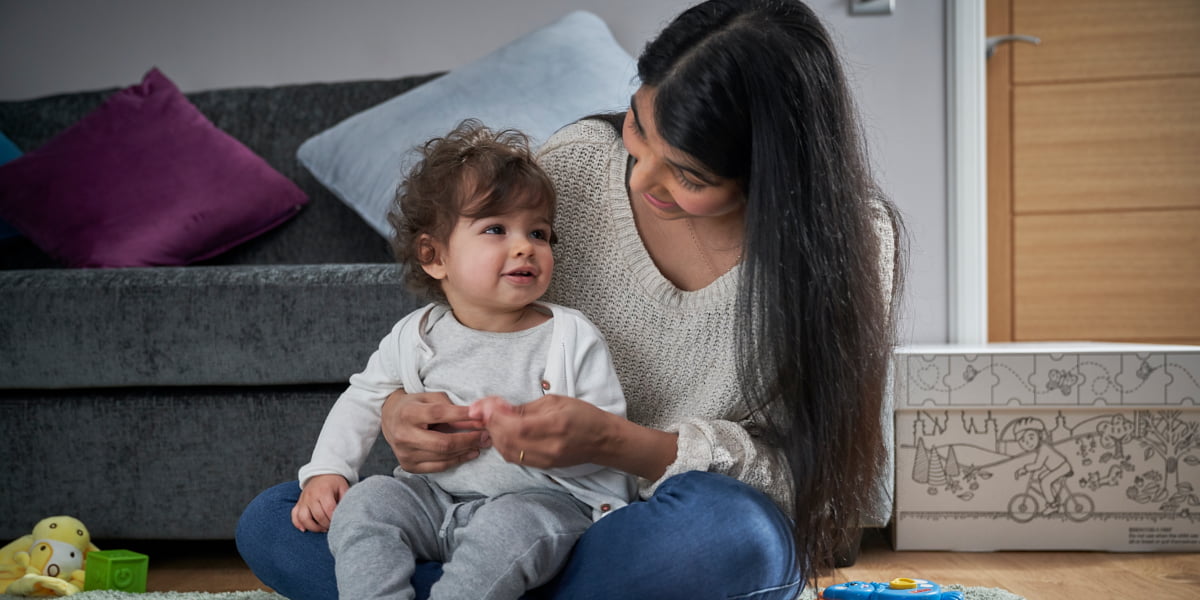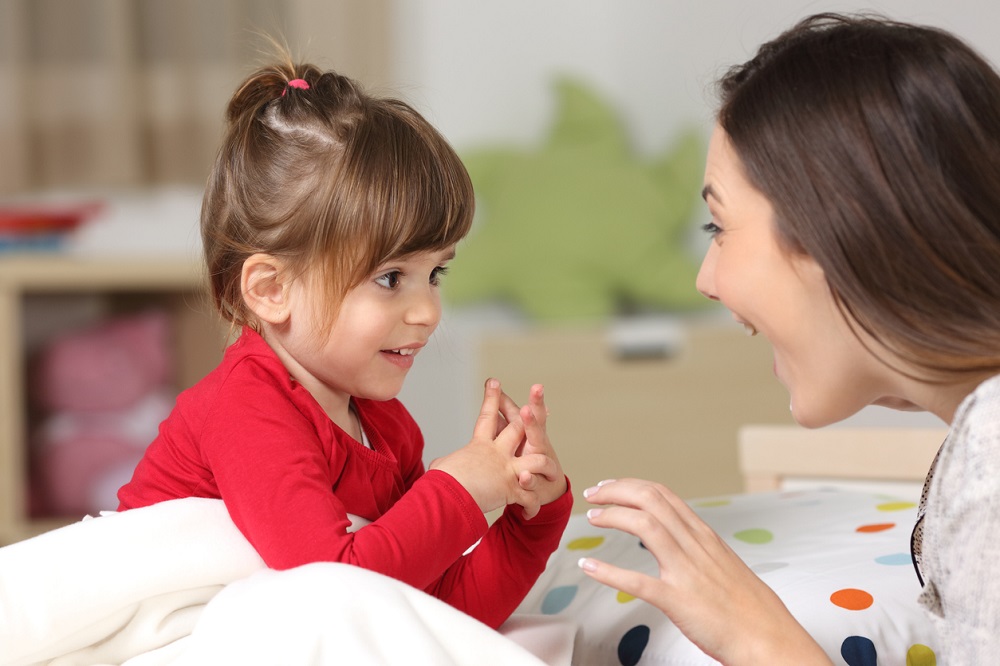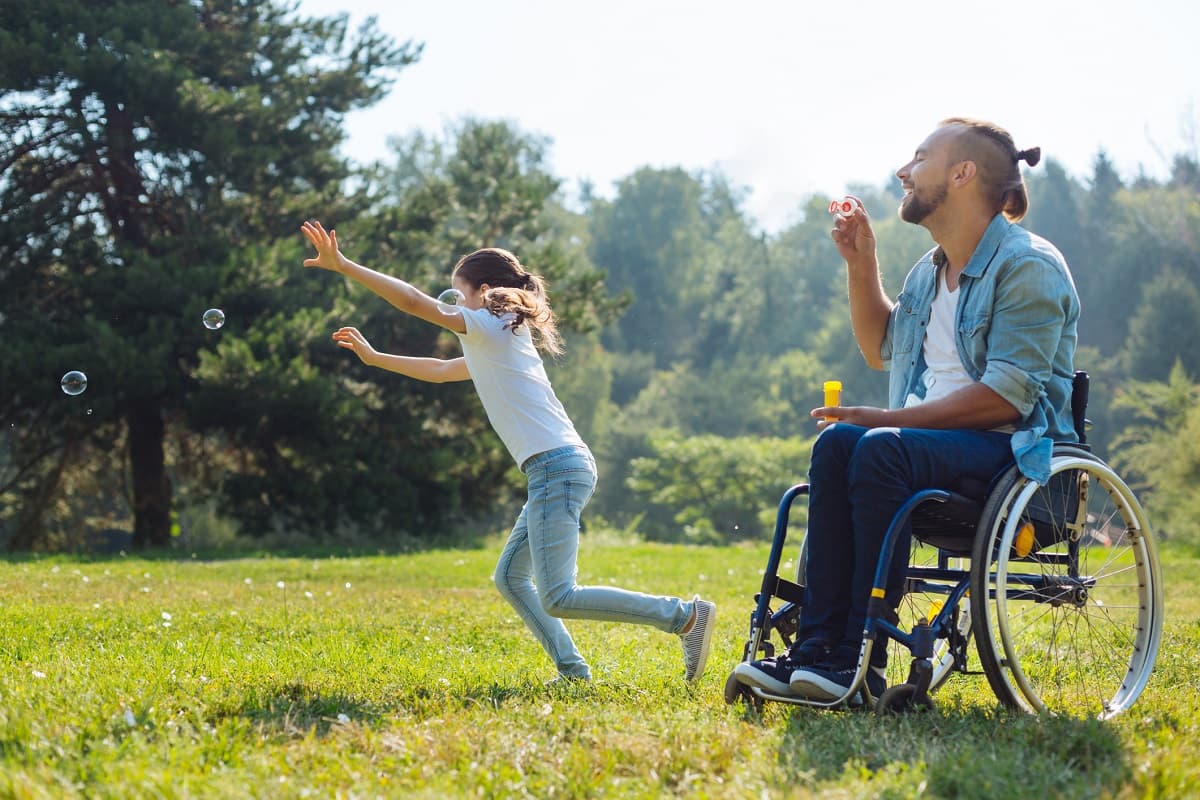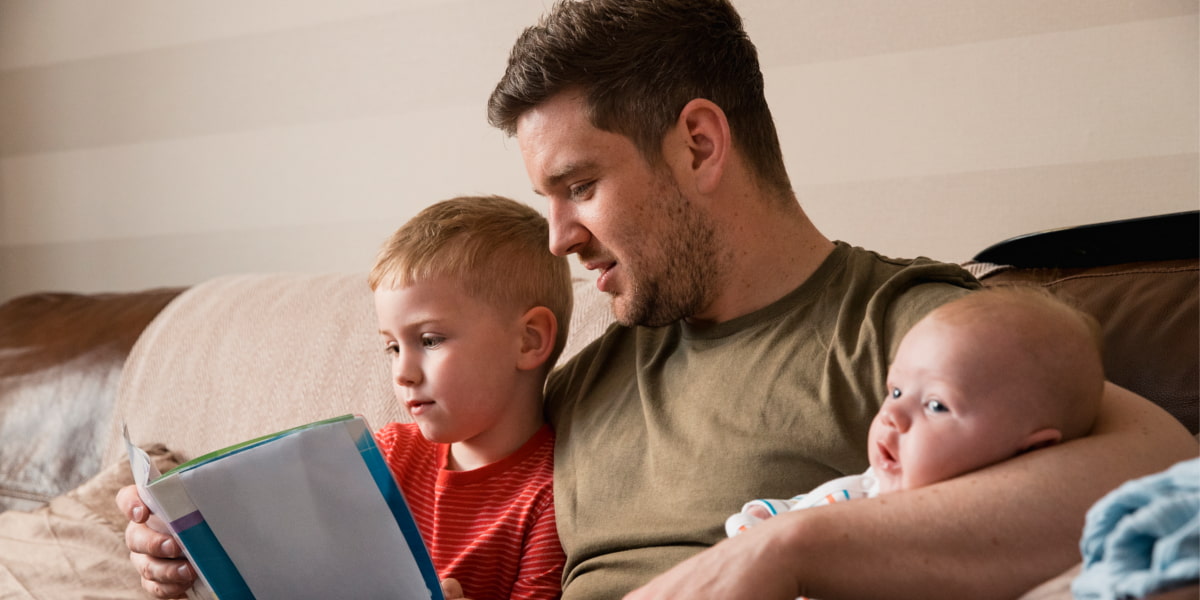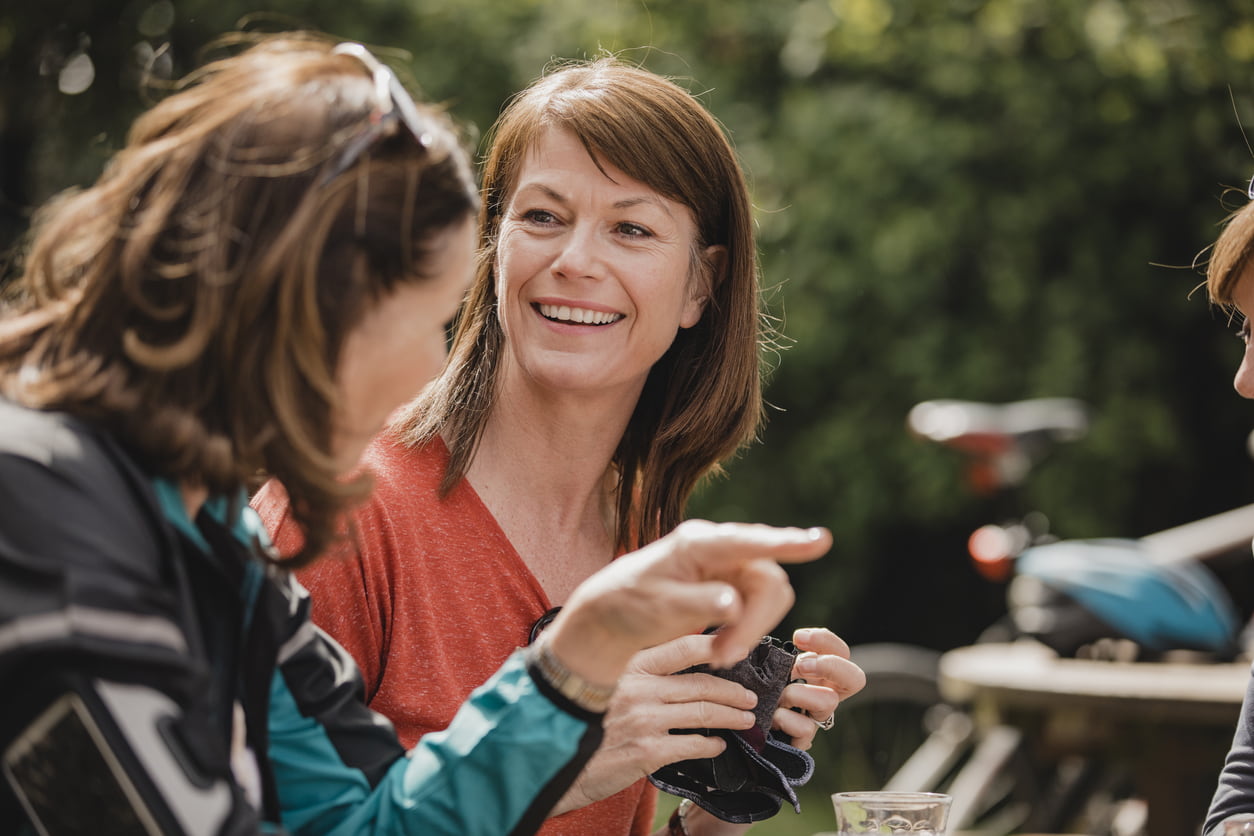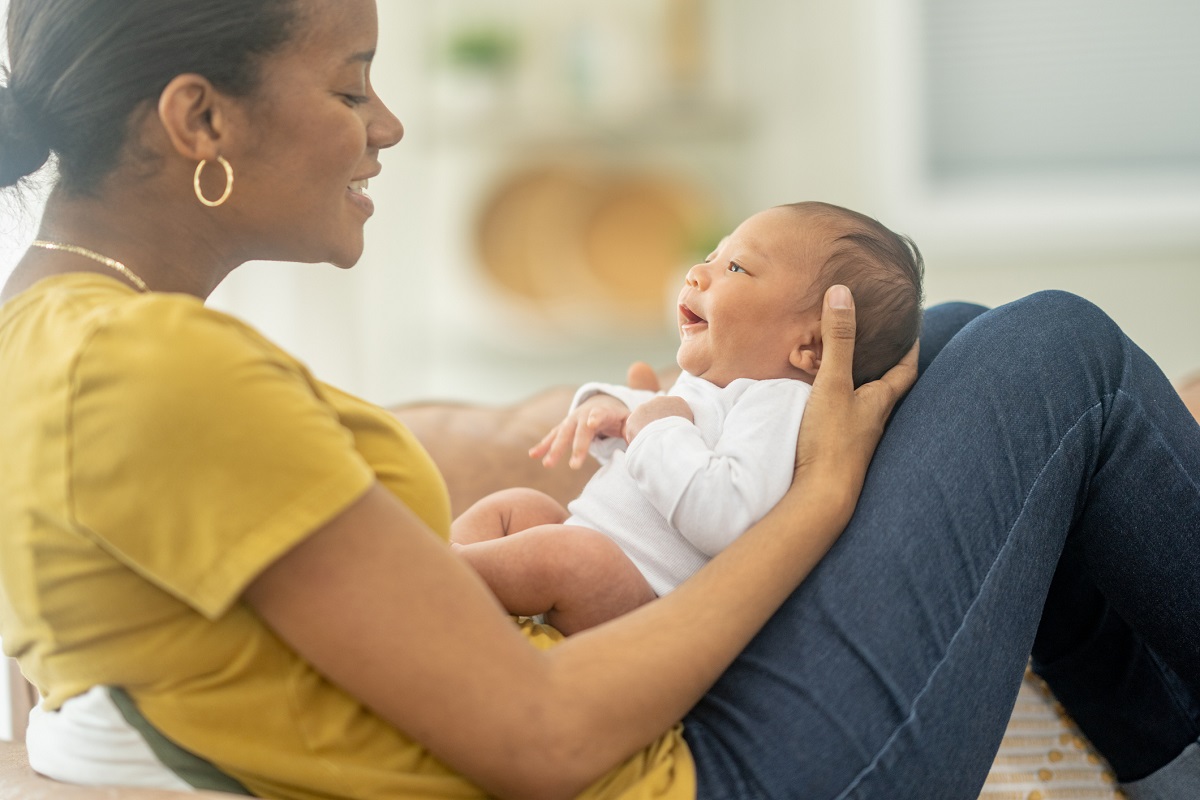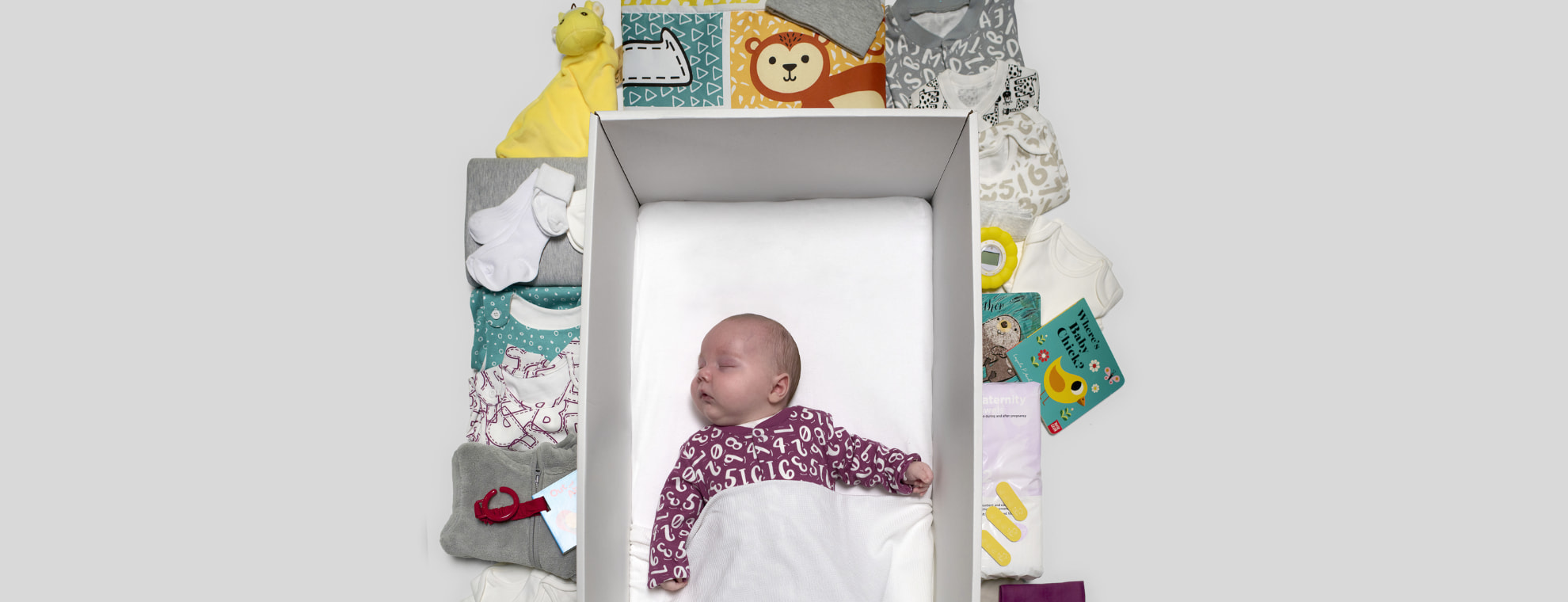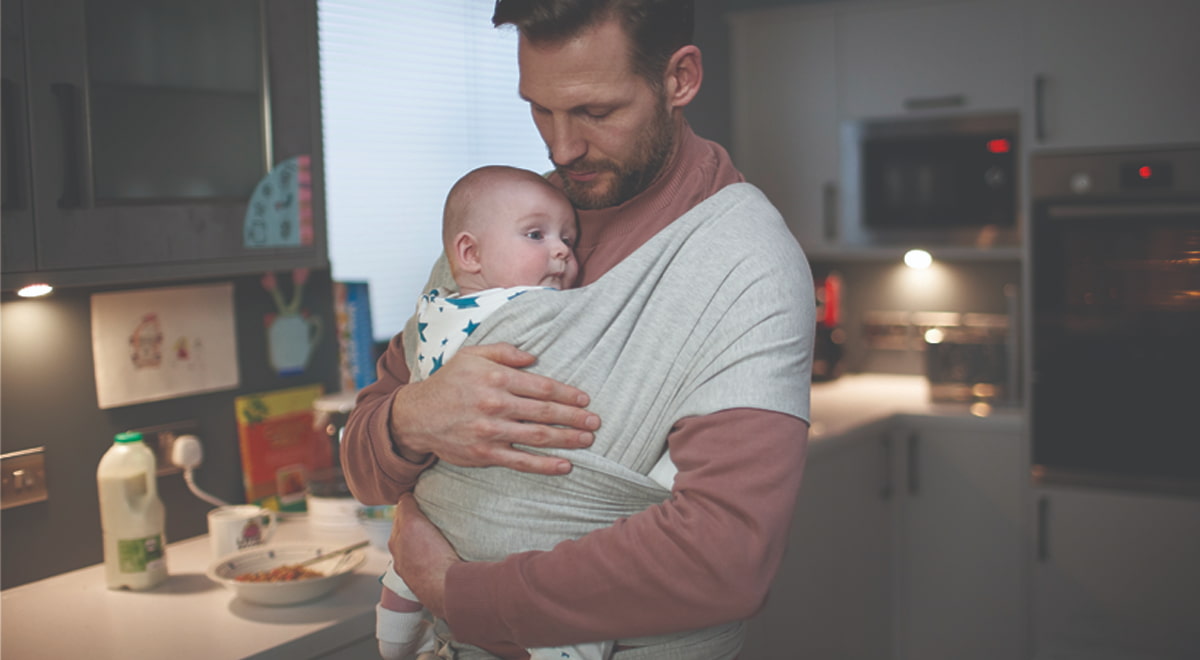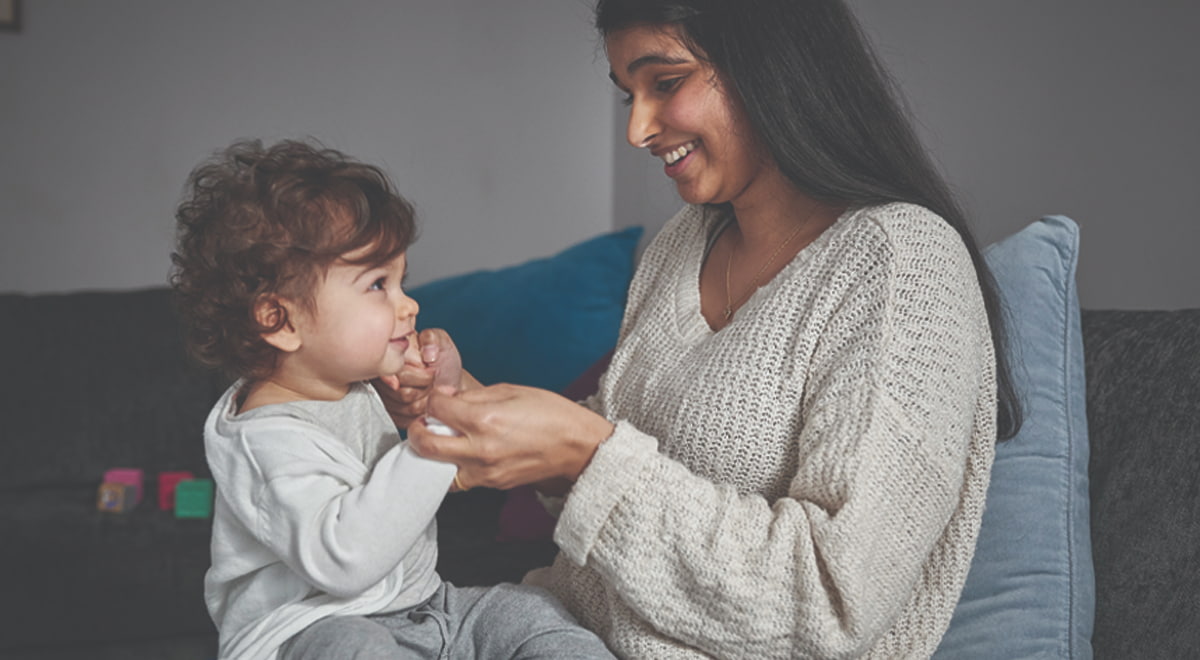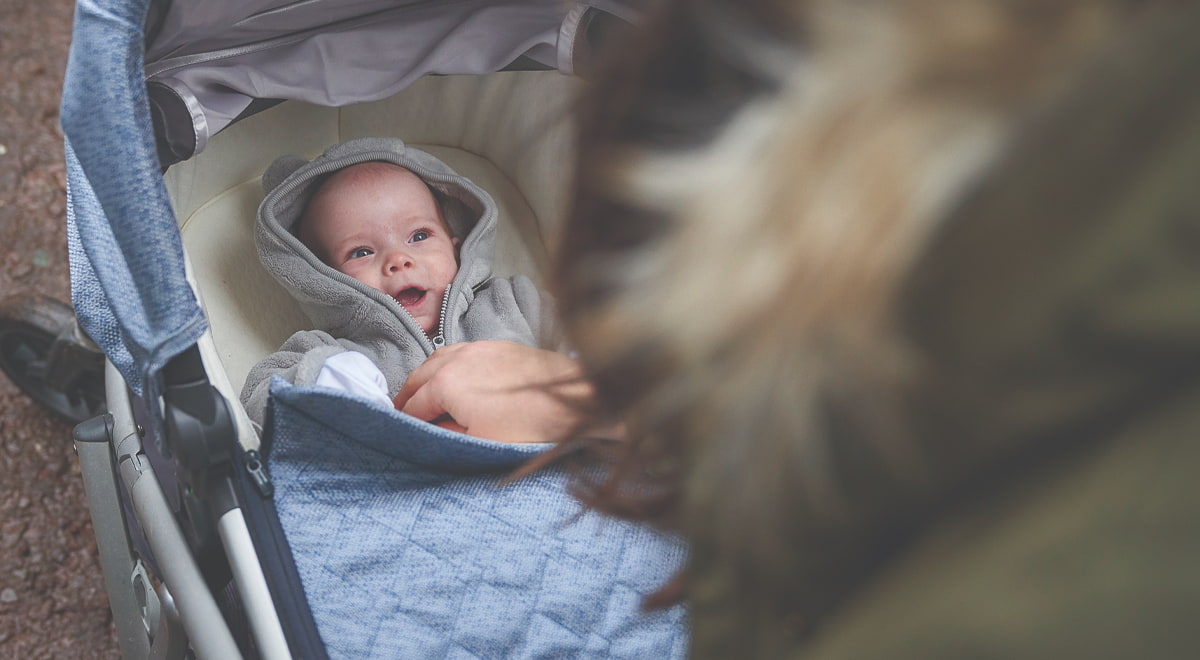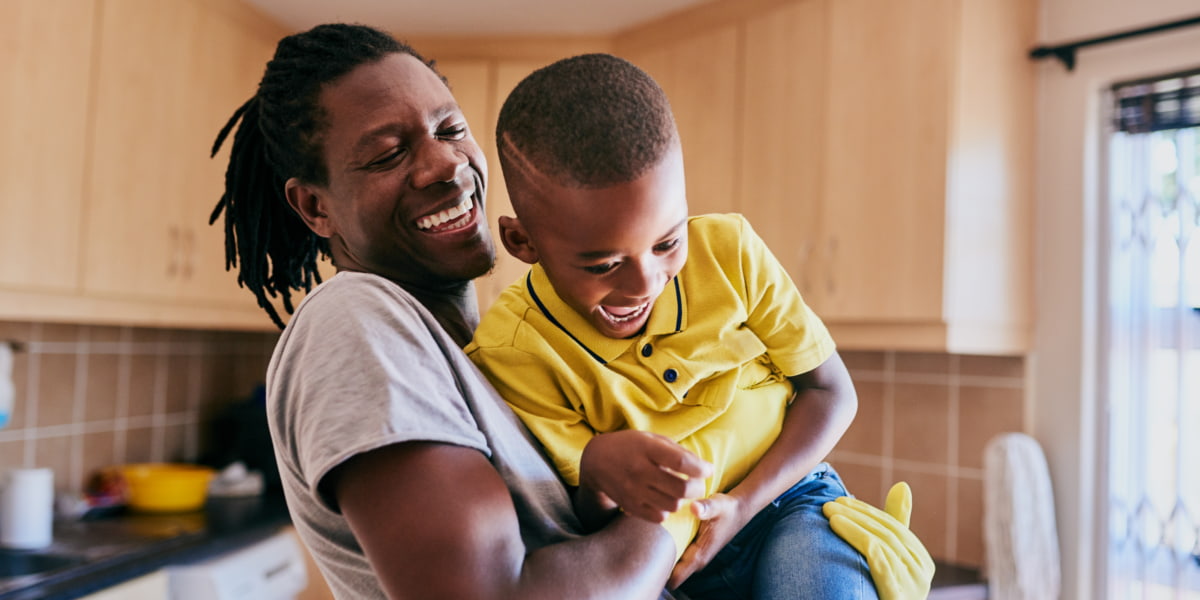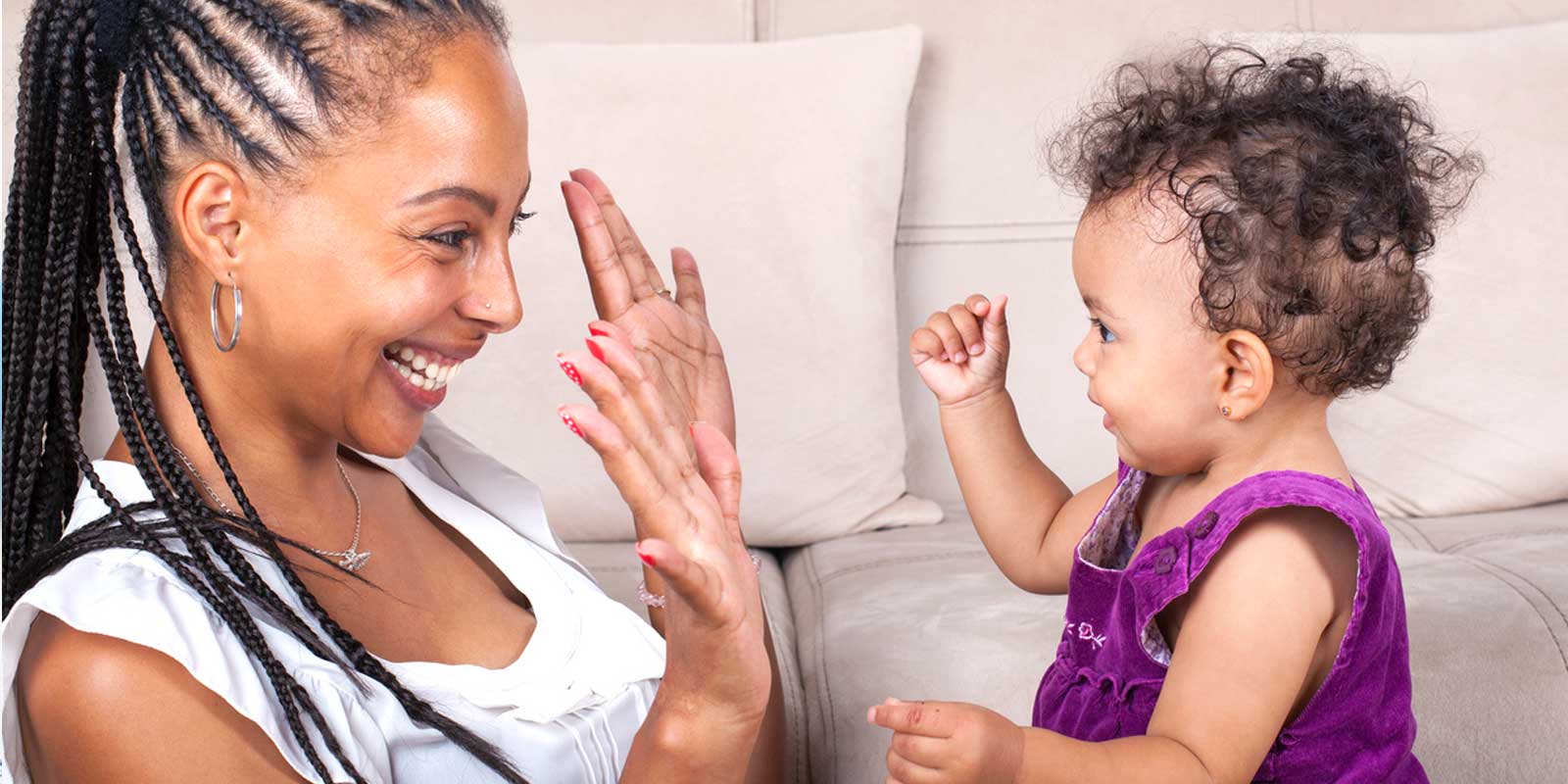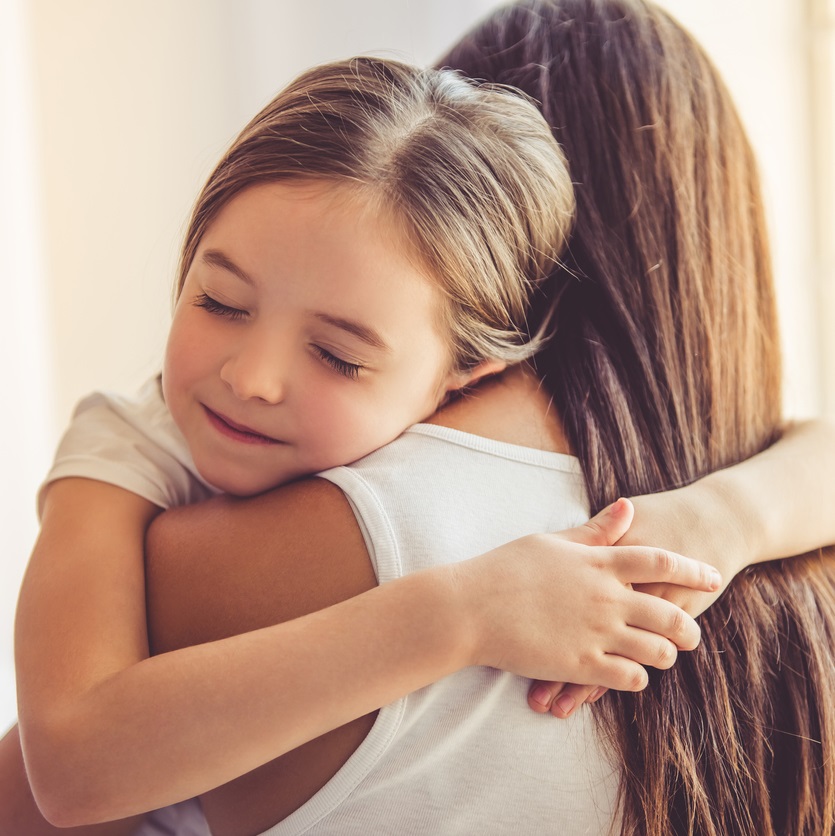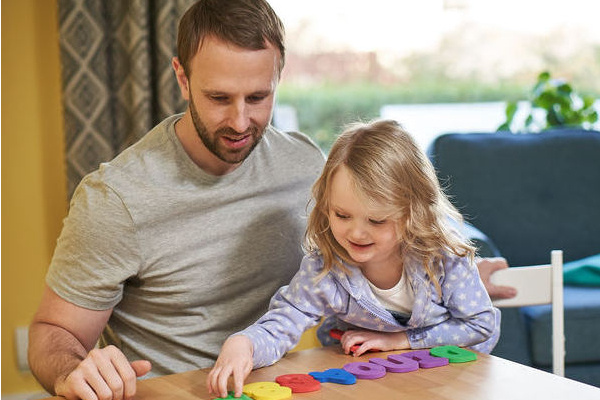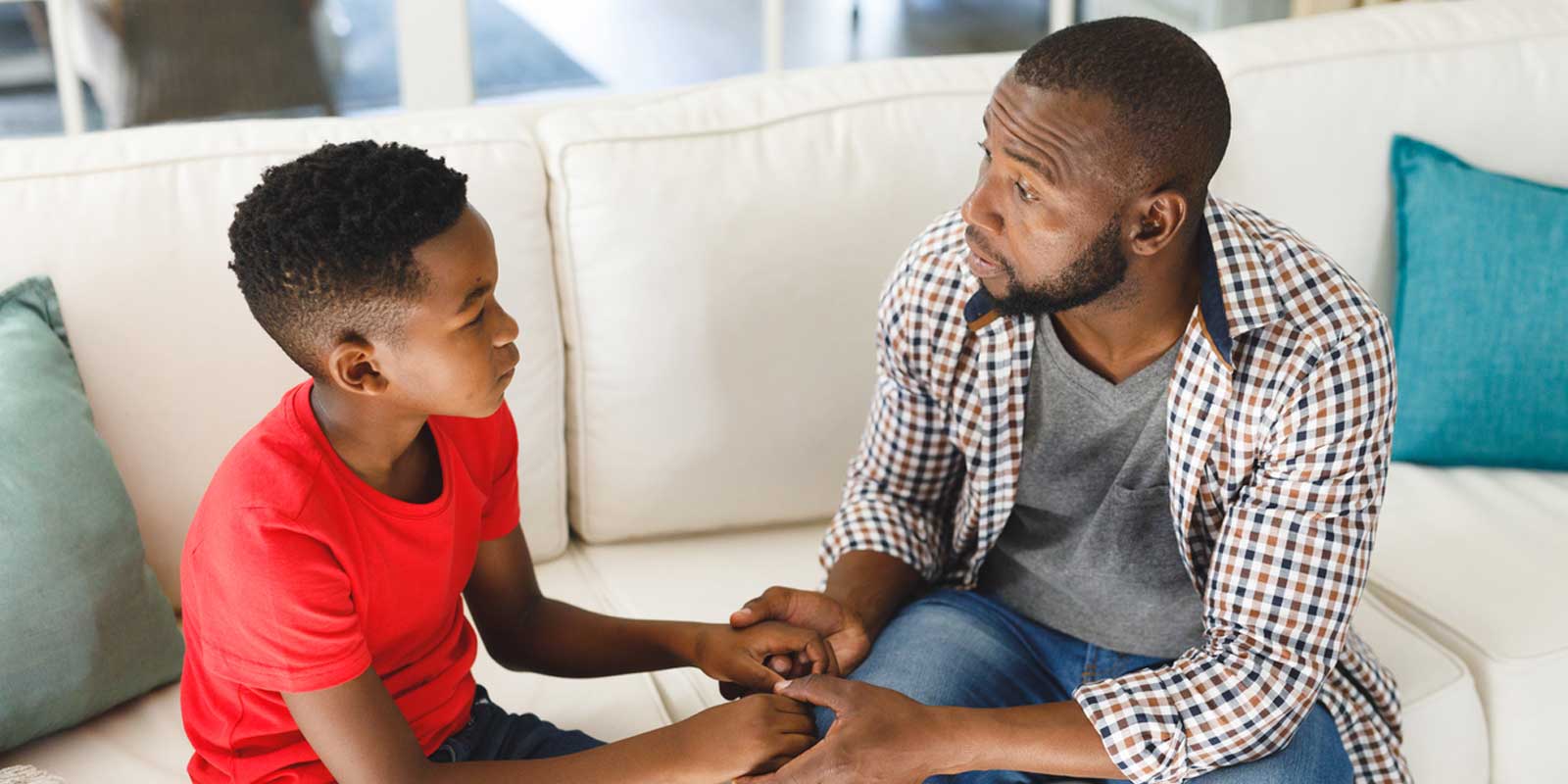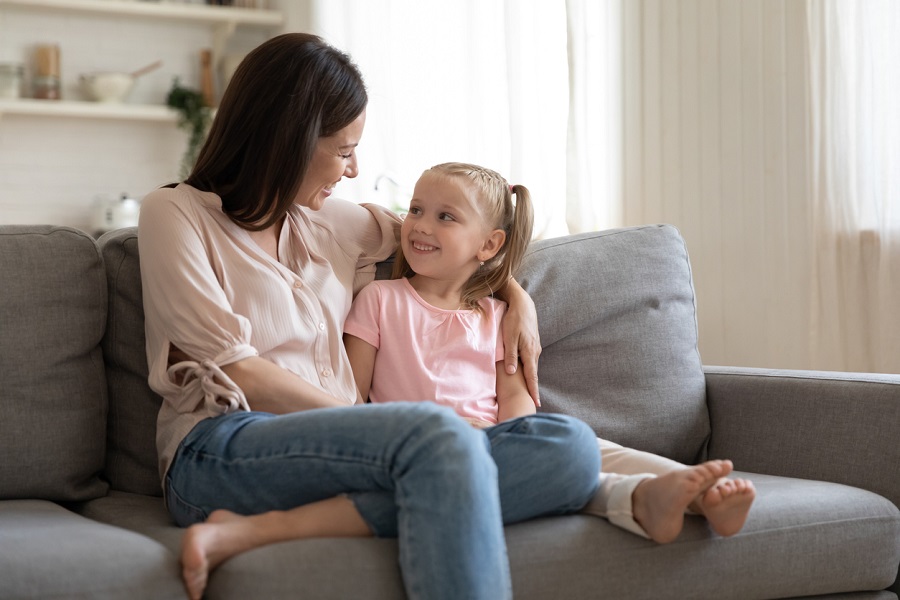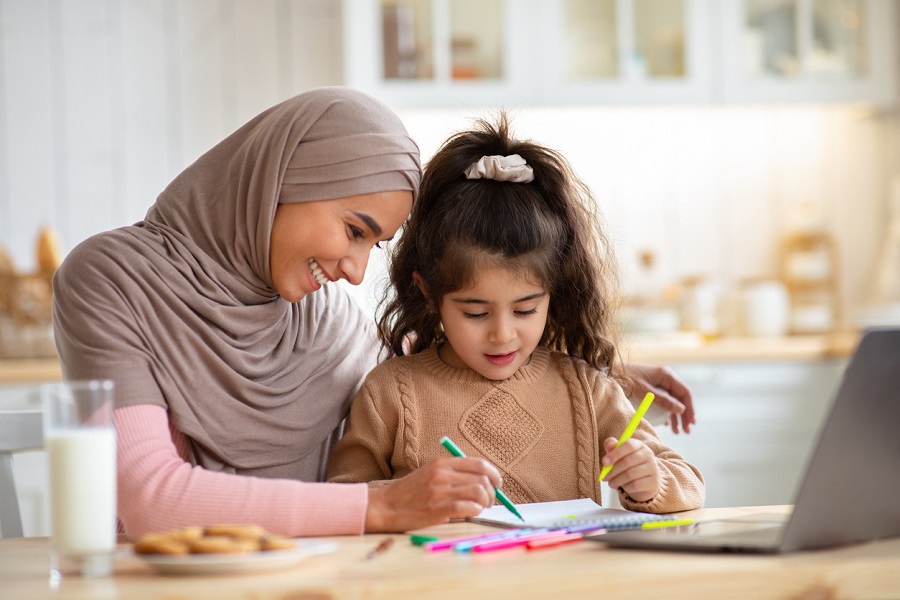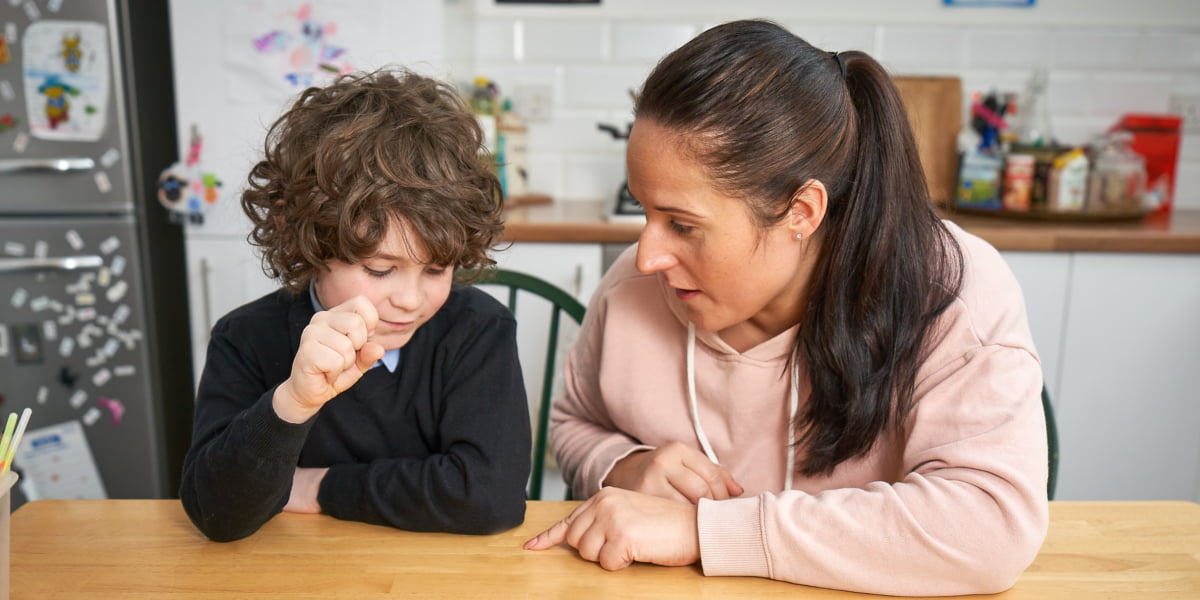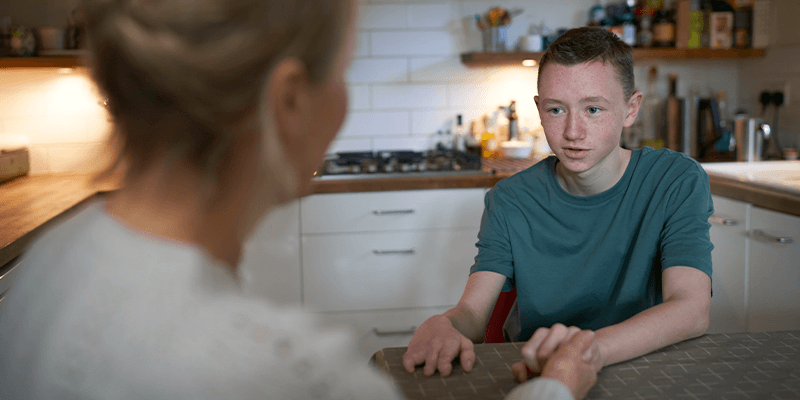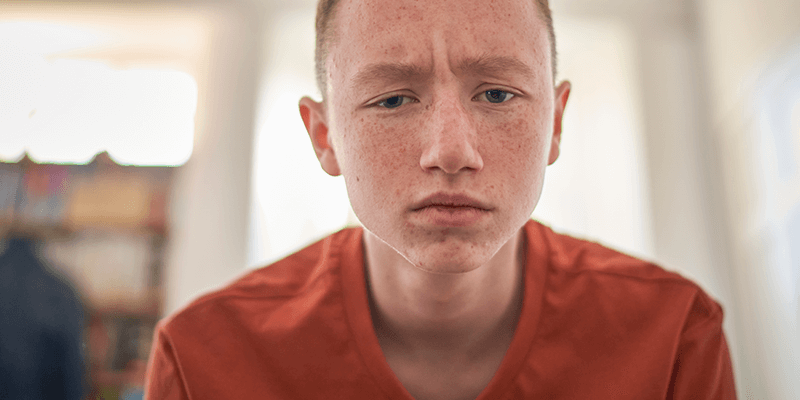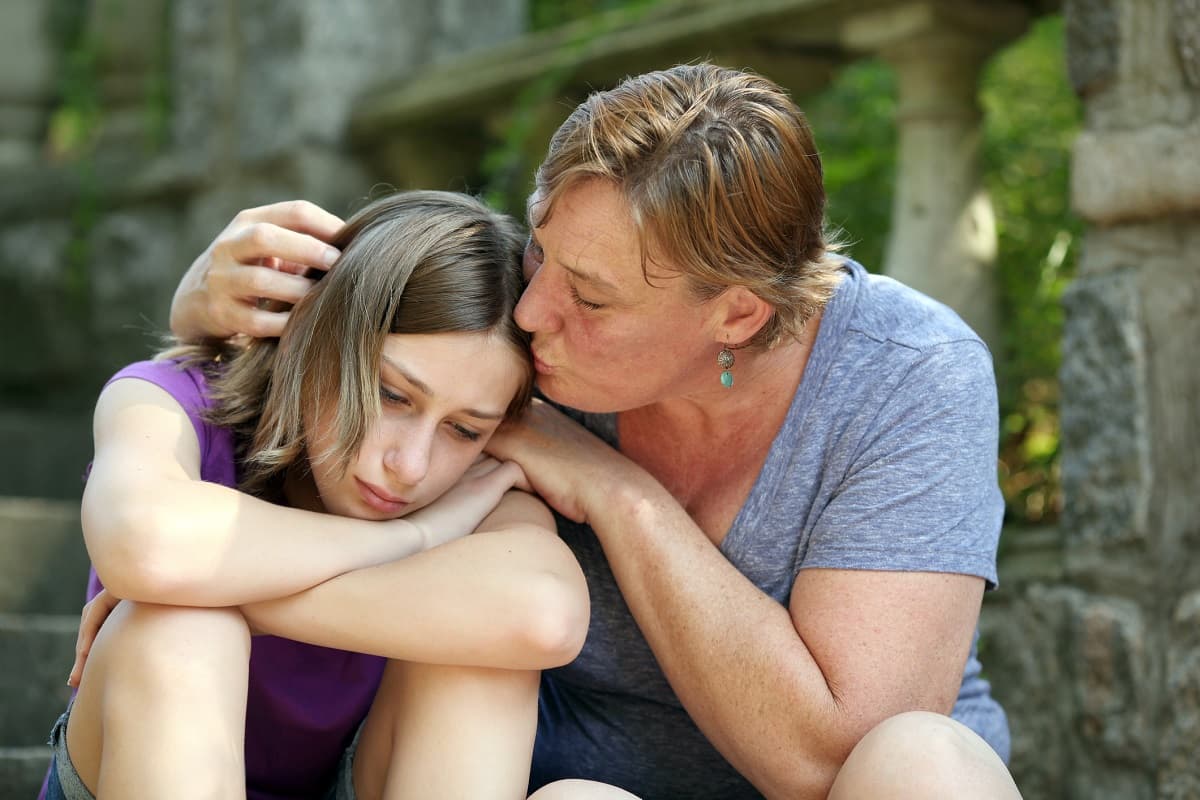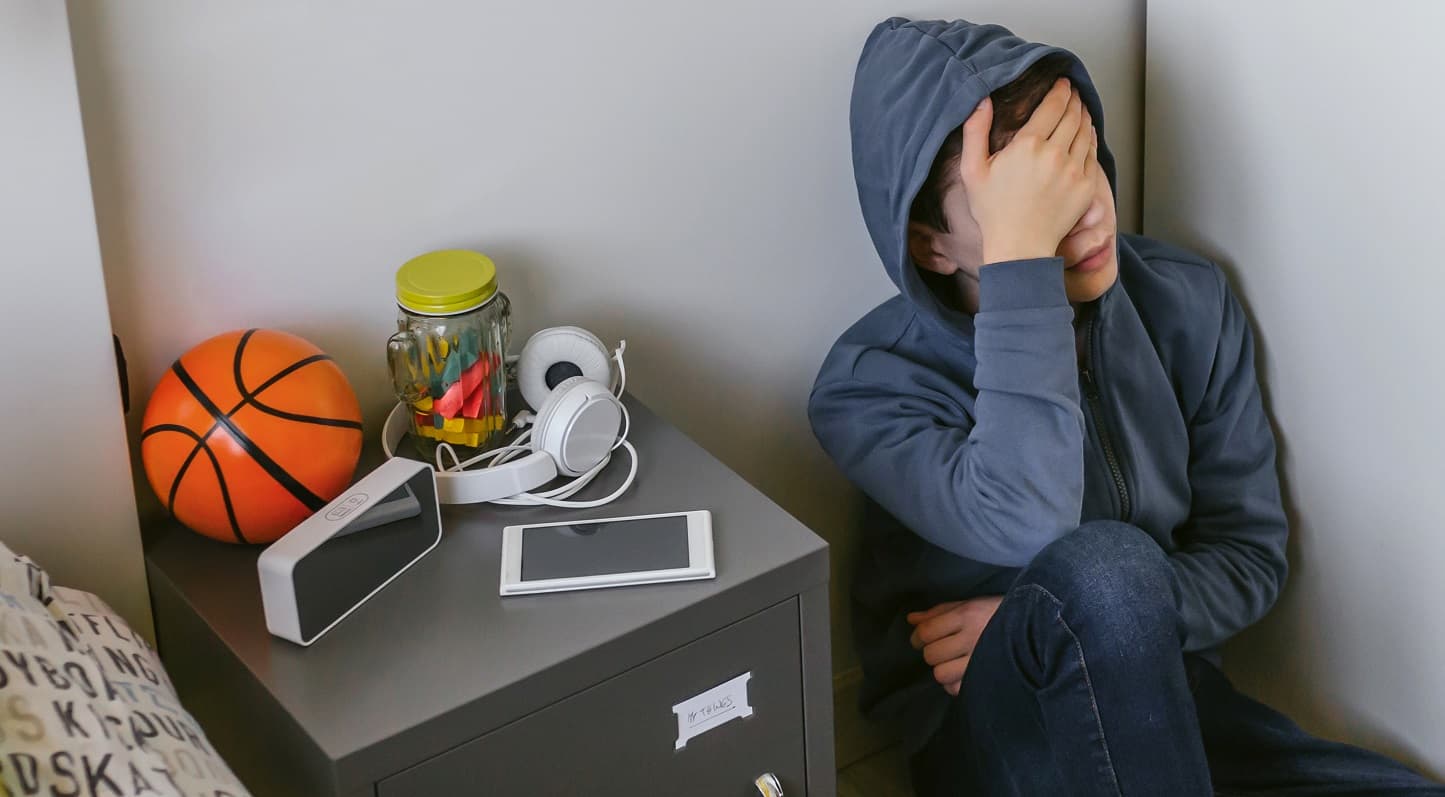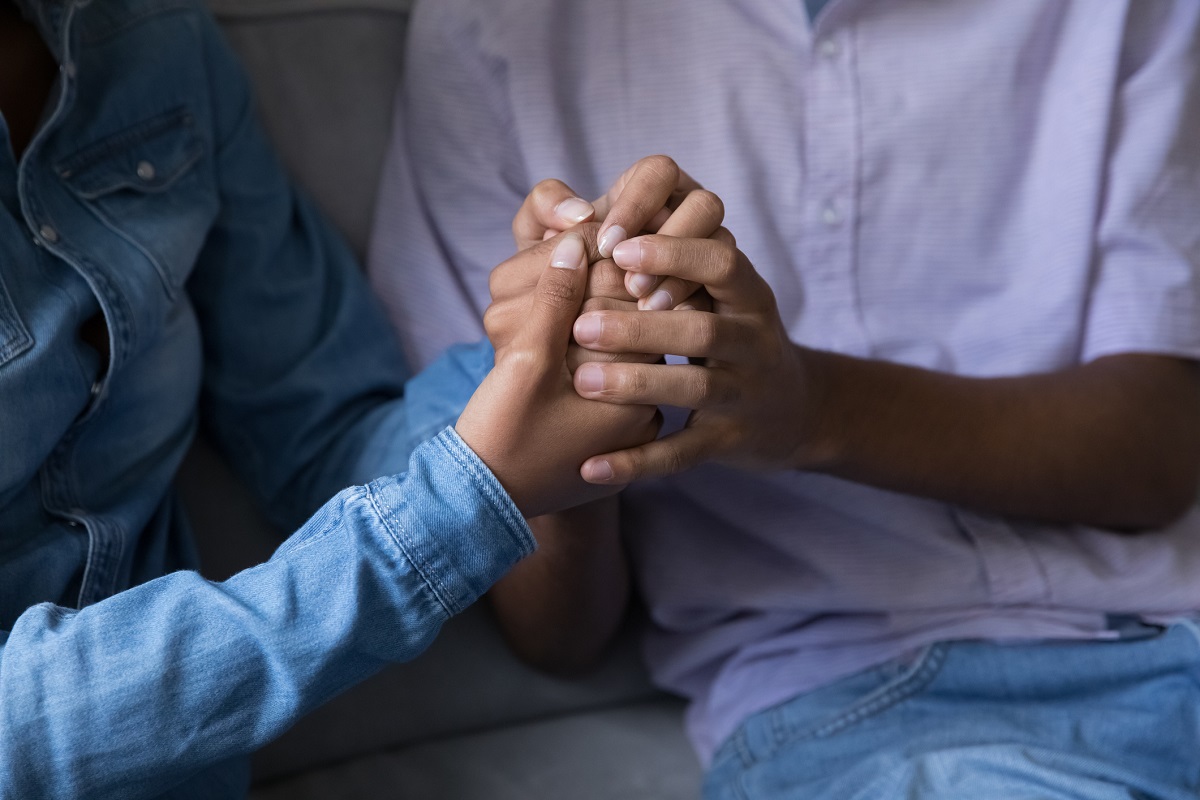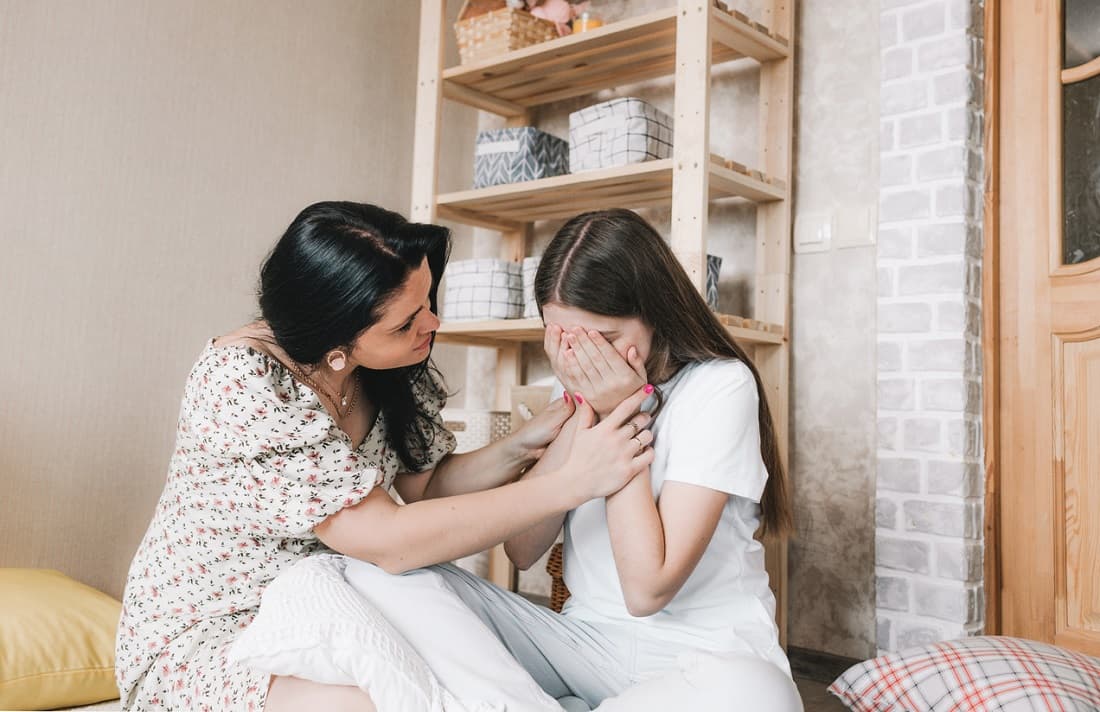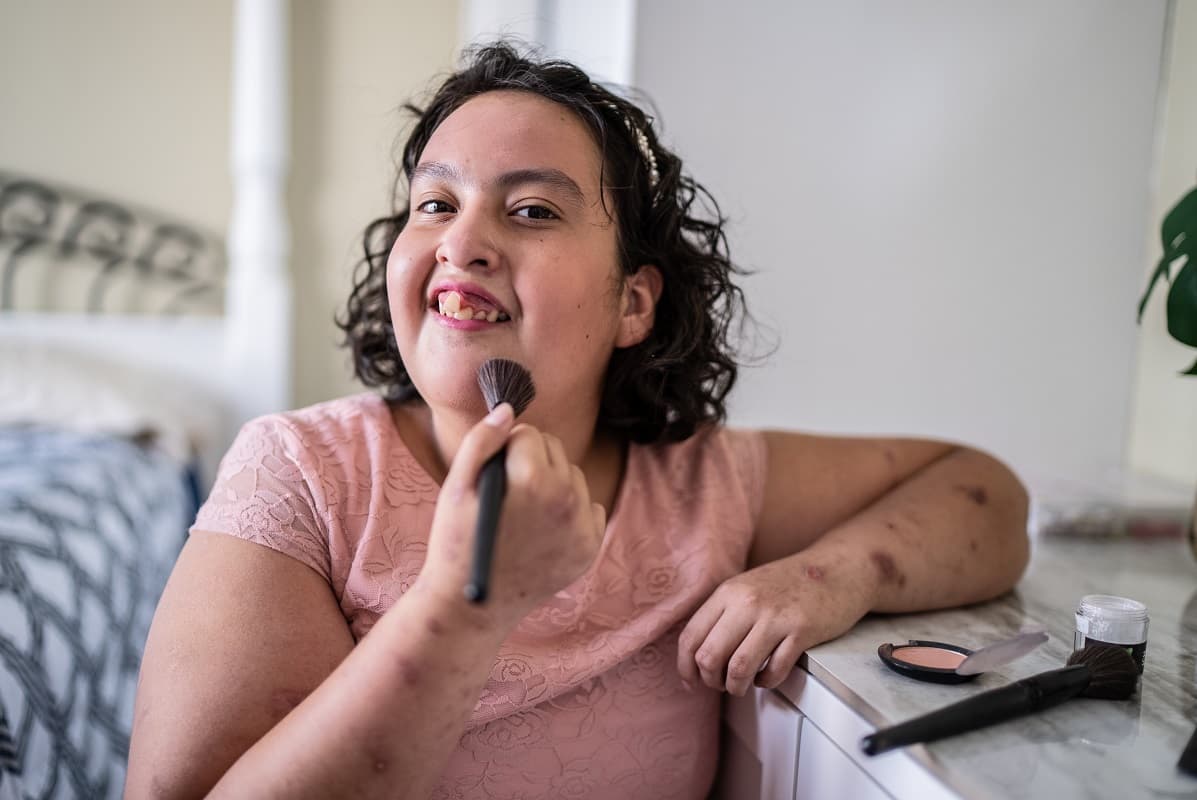Wellbeing for parents
Life can be difficult. Parent life… that’s on another level. As a parent, you probably put your needs behind everyone else’s. We want to bring them back to the front of your mind. Because the good news is, there are lots of simple things you can do to take some of the stress out of your life to help support your mental health and wellbeing. And you can start by reminding yourself that you’re doing a great job!
Wellbeing for wee ones
From the moment your baby is born, positively engaging with them is really important to help them feel happy and loved. It’s also crucial to how their little brains develop. Pulling funny faces and speaking to them in a sing-song voice isn’t just playing – it’s a vital way to help their minds grow and develop. We have lots of information and tips to help you give your wee one everything they need to grow and develop into happy people.
Wellbeing for children and teens
As your kids get older, it’s natural to worry more about their mental health. There are lots of things in the world that could challenge their happiness. But there are also lots of things we can do every day that will have a long-lasting positive effect on our kids’ wellbeing. It can even improve their behaviour in the short term, too. Here are some tried and tested tips for supporting your family’s mental health and wellbeing.
Supporting your teen’s mental health
Being a teenager is exciting but it can also be hard. Their feelings and emotions are all over the place, so they tend to feel everything more deeply, and sometimes this can be overwhelming. If your teenager is feeling anxious, lonely or angry, there are things you can do to help. We have lots of ideas to help you support them and guide them on their journey to becoming a happy adult.
Mental health issues for teens
Been a teenager isn’t always easy. But if your teen is struggling, you’re not alone. There is support out there for them, and for you. In this section we look at some of the issues that may affect young people, and how you can help them through tough times.
Teens and body image
We hear a lot about body image – about how it’s important to have a ‘good’, ‘positive’ or ‘healthy’ body image and how having a ‘poor’ body image can affect our mental health. In this section we look at what body image is and how the way young people see themselves can affect their health and wellbeing. We also have tips to help parents support teens to accept the way they look and value themselves for all they are.
Select an age group above to show results.
No results
Please select an age group above.
 Activities & Play
Activities & Play Behaviour
Behaviour Childcare
Childcare Development & Growing Up
Development & Growing Up Family, Friends & Relationships
Family, Friends & Relationships Feeding Your Baby
Feeding Your Baby Food & Eating
Food & Eating Health & Safety
Health & Safety Mental Health & Wellbeing
Mental Health & Wellbeing Money & Work
Money & Work Online Behaviour & Safety
Online Behaviour & Safety Pregnancy & First Days
Pregnancy & First Days School & Education
School & Education Sleep
Sleep

